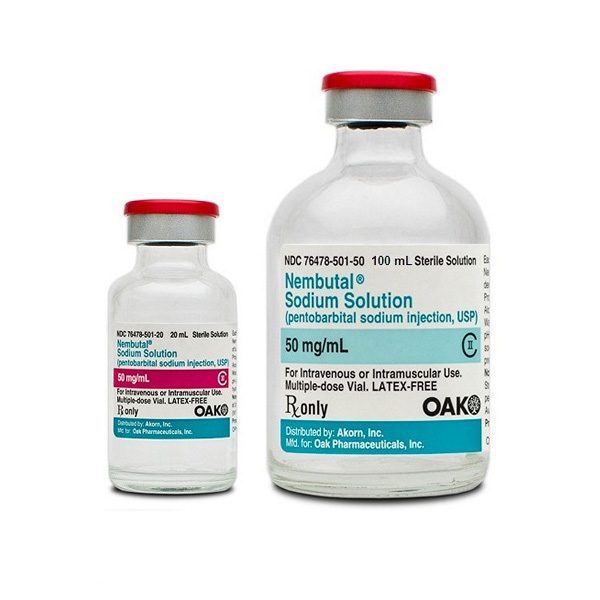Nembutal, The Nembutal, a trade name for pentobarbital sodium, is a barbiturate widely used in medicine for various purposes. Although it has legitimate applications, it is critical to understand its uses, potential risks, and available alternatives. In this article we will explore what Nembutal is, its medical applications, associated risks, and some alternatives for those seeking similar effects.
What is Nembutal?
Nembutal is a drug that belongs to the barbiturate class. It acts as a central nervous system depressant, affecting brain function to induce sedation and anesthesia. Originally developed in the 1920s, Nembutal was commonly prescribed for anxiety, insomnia and seizure disorders. However, over time, its use has declined due to the development of safer and more effective alternatives.
Medical Uses of Nembutal
Nembutal has several medical applications, including:
Anesthesia: Nembutal is often used as a pre-anesthetic agent. It helps calm patients before surgery and can be used in combination with other anesthetics to ensure a smooth procedure.
Convulsive Disorders: May be prescribed to treat certain seizure disorders, particularly in emergency situations where immediate seizure management is needed.
Palliative Care: In some cases, Nembutal is used in palliative care settings to relieve severe pain and anxiety in terminally ill patients.
Euthanasia: Nembutal has gained notoriety for its use in euthanasia and assisted suicide in some jurisdictions, where it is administered to ensure a peaceful death.
Risks and Side Effects
Although Nembutal can be useful in specific situations, it is not without risks. Some common side effects include:

Excessive sleep: As a sedative, Nembutal can cause significant drowsiness, impairing physical and mental functions.
Respiratory depression: High doses can lead to dangerous respiratory depression, which can be life-threatening.
Dependence and Withdrawal: Prolonged use of Nembutal can lead to physical dependence. Abruptly discontinuing the drug may result in withdrawal symptoms, including anxiety, agitation and seizures.
Risk of overdose: Because of its narrow therapeutic window, the risk of overdose is a significant concern. Symptoms of overdose may include extreme drowsiness, confusion and respiratory failure.
Legal and Ethical Considerations
The use of Nembutal, especially in euthanasia and assisted suicide, raises complex legal and ethical issues. In some countries or states, its use is strictly regulated or banned. It is critical to be aware of the laws governing its use in your region and to consult medical professionals when considering treatment options.
Alternatives to Nembutal
Given the riskiness associated with Nembutal, many people and health care providers explore alternatives:
Benzodiazepines: Drugs such as diazepam (Valium) or lorazepam (Ativan) are often prescribed for anxiety and insomnia. They usually have a better safety profile than barbiturates.
Non-Benzodiazepine Sedatives: Drugs such as zolpidem (Ambien) and eszopiclone (Lunesta) are effective for short-term management of insomnia and have a lower risk of dependence.
Antidepressants: Some antidepressants, such as trazodone, are used off-label to treat insomnia, providing a safer alternative for people with sleep disorders.
Natural Supplements: Many people turn to natural alternatives such as melatonin, valerian root or magnesium to promote relaxation and improve sleep quality without the risks associated with prescribed medications.
Conclusion
Nembutal is a powerful drug with specific medical uses, but it also carries significant risks and ethical considerations. Understanding its applications, potential side effects, and legal status is critical for anyone considering its use. Fortunately, there are numerous alternatives available that can provide similar benefits with a better safety profile. If you or someone you know is exploring treatment options for anxiety, insomnia, or related problems, it is essential to consult with a health care professional to find the most appropriate and safe.